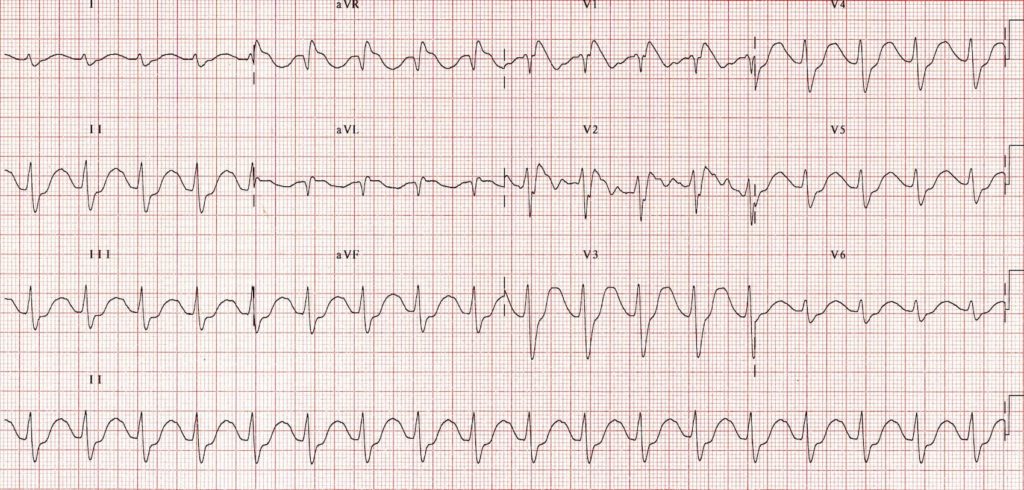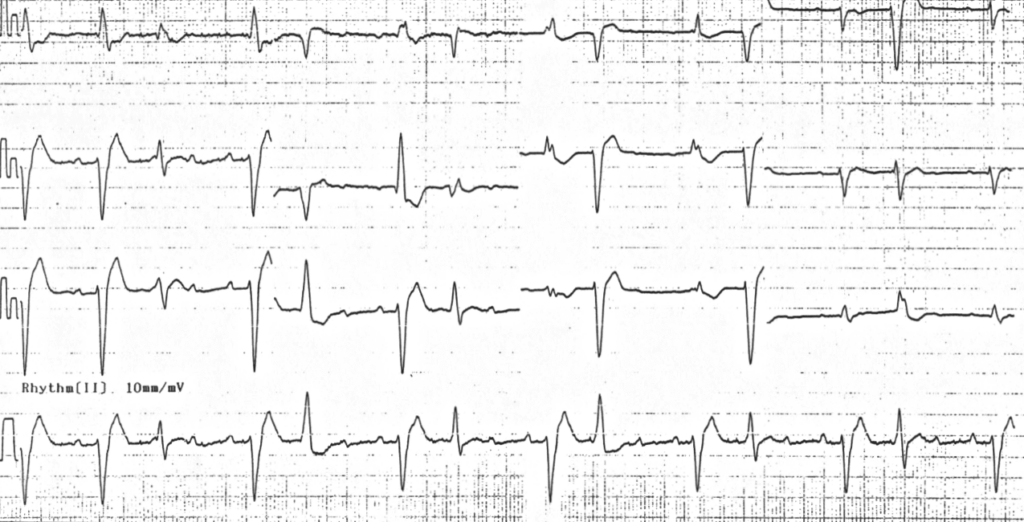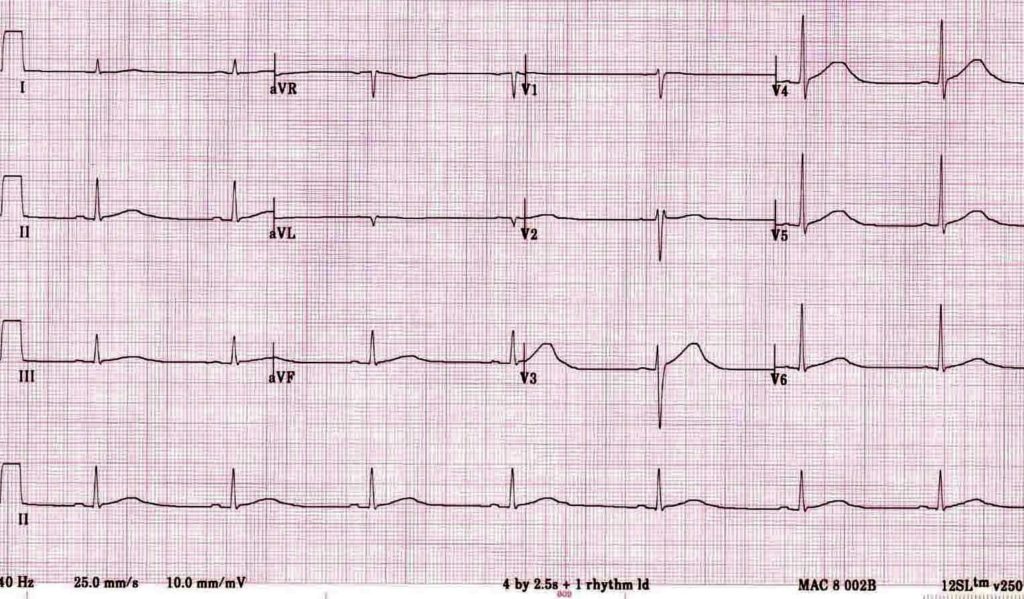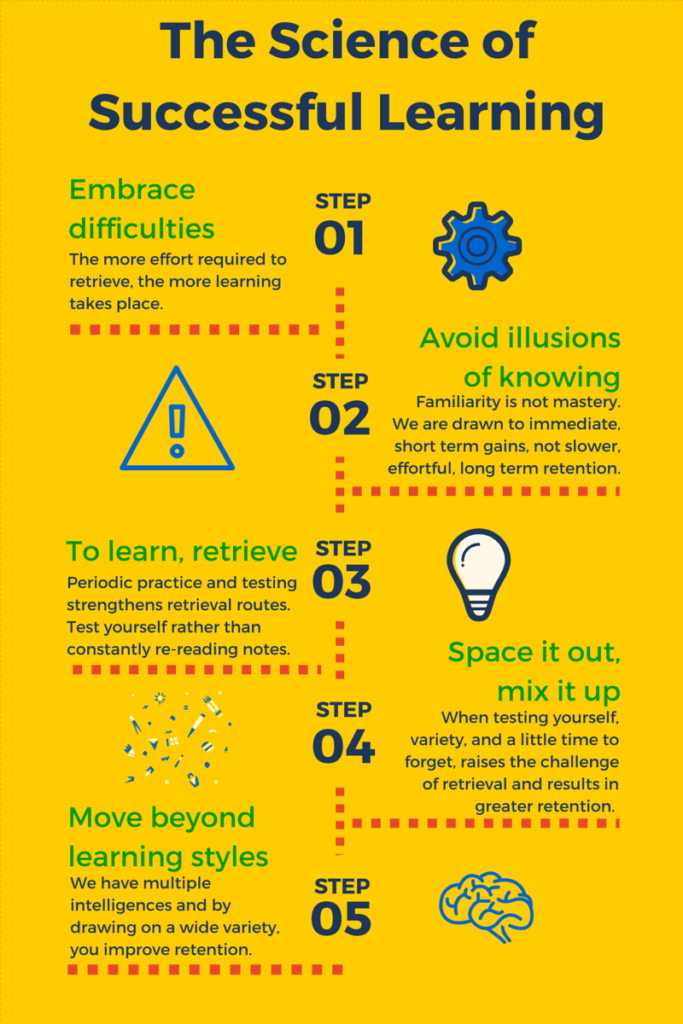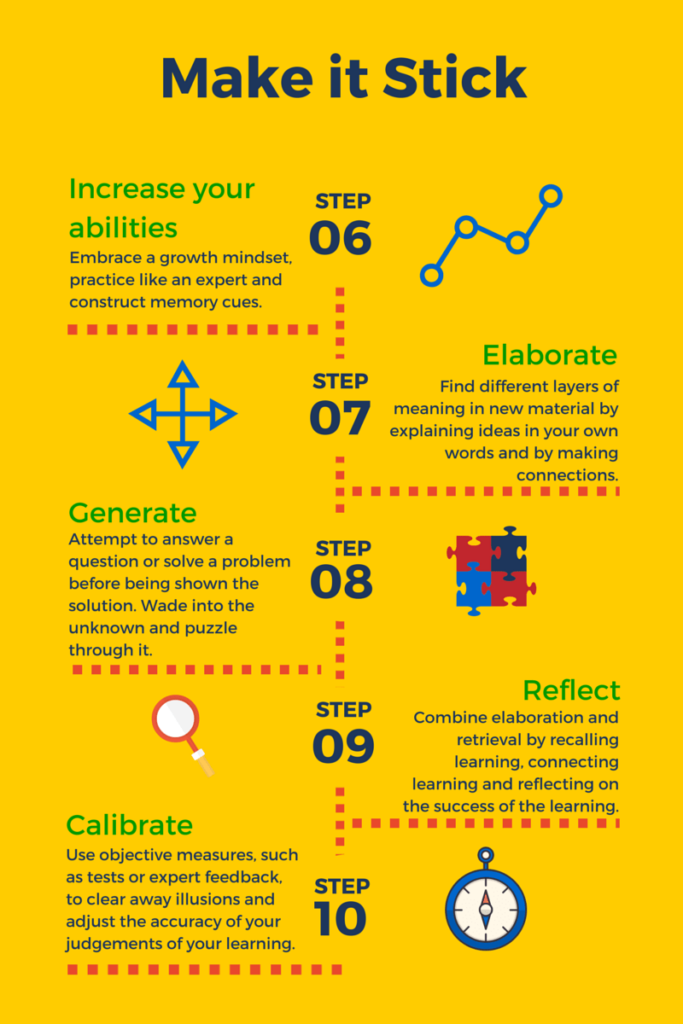Conceptos en Medicina de Urgencia
OVERVIEW
- Conceptos en Medicina de Urgencia is a fantastic emergency medicine conference based in Chile.
- This page includes the resources for my presentations at Conceptos 2016 and 2019.
- Conceptos 2019:
- Resuscitology
- Ten Tips for the Resuscitationist
- Antidotes: Resus Essentials
- Conceptos 2016:
- Toxicology Workshop
- Approach to the Poisoned Patient
- Antidotes in the Emergency Department
- Paracetamol Toxicity
- Main Conference
- Toxicology: What Not To Do!
- Future of Medical Education
- ECG in Toxicology
- Shock… Now what?
- Toxicology Workshop
GENERAL RESOURCES
- LITFL Tox Library
- Toxicology Conundrums (over 50 case-based Q&A posts to test your knowledge)
- Critical Care Compendium (search the database of over 1600 critical care topics, including toxicology)
CONCEPTOS 2019
Ten Tips for the Resuscitationist
“Ten tips – to use before, during, and after resuscitation episodes – that will help clinicians maximise their chances of saving their sickest patients.”
[slideshare id=171335939&doc=tenresustips20190908-190912221627]
Antidotes: Resus Essentials
“An overview of the principles of antidote use in resuscitation, with a focus on three essential agents: naloxone, sodium bicarbonate, and high-dose insulin euglycaemic therapy.”
[slideshare id=171335843&doc=antidotesresusessentials20190908-190912221513]
CONCEPTOS TOXICOLOGY WORKSHOP 2016
Approach to the poisoned patient
- Approach to acute poisoning (CCC)
- Basics (Tox Library)
- Activated Charcoal (CCC)
- Gastric lavage (CCC)
- Enhanced Elimination (CCC)
Antidotes in the Emergency Department
- Antidotes (CCC)
- The Antidote Challenge (Tox Conundrum 031)
- Antidotes (Tox Library – list of individual antidotes with clinical pharmacology information)
- Dart RC, Borron SW, Caravati EM. Expert consensus guidelines for stocking of antidotes in hospitals that provide emergency care. Annals of emergency medicine. 54(3):386-394.e1. 2009
- Gunja N, Graudins A. Management of cardiac arrest following poisoning. Emergency medicine Australasia : EMA. 23(1):16-22. 2011.
Paracetamol toxicity
- Paracetamol (Tox Library)
- N-Acetyl Cysteine (Tox library)
- Paracetamol-induced hepatotoxicity (Toxicology Conundrum 051)
- Paracetamol… Too much, too often? (Repeated Supratherapeutic Ingestion) (Toxicology Conundrum 001)
- Liver transplantation for paracetamol toxicity (CCC)
- Chiew AL, Fountain JS, Graudins A, Isbister GK, Reith D, Buckley NA. Summary statement: new guidelines for the management of paracetamol poisoning in Australia and New Zealand. The Medical journal of Australia. 203(5):215-8. 2015. [free full-text PDF of the full guideline]
CONCEPTOS MAIN CONFERENCE 2016
Toxicology: What Not To Do
ECG in Toxicology
ECG 1 (click to enlarge)
ECG 2 (click to enlarge)
ECG 3 (click to enlarge)
- The 12-lead ECG in Toxicology (Tox Library)
- Beta-blocker toxicity (ECG Library)
- Calcium-channel blocker toxicity (ECG Library)
- Carbamazepine cardiotoxicity (ECG Library)
- Digoxin effect (ECG Library)
- Digoxin toxicity (ECG Library)
- QRS widening (ECG Library)
- Quetiapine toxicity (ECG Library)
- Tricyclic overdose (sodium-channel blocker toxicity) (ECG Library)
Shock… Now What?
- Shock Classification and Causes (CCC)
- Inotropes, vasopressors and other vasoactive agents (CCC)
- Corticosteroids in Refractory Shock (CCC)
- Intubation, hypotension and shock (CCC)
- Initial management of sepsis and septic shock (CCC)
- Fluid responsiveness (CCC)
- Fluid bolus therapy (CCC)
- Venous return and shock (CCC)
- Seif D, Perera P, Mailhot T, Riley D, Mandavia D. Bedside ultrasound in resuscitation and the rapid ultrasound in shock protocol. Critical care research and practice. 2012:503254. 2012.
Future of Medical Education
The Science of successful learning
Infographic source: https://educationcogitation.com/2015/08/05/on-making-it-stick/ [accessed 2 September 2016]

Critical Care
Compendium
Chris is an Intensivist and ECMO specialist at The Alfred ICU, where he is Deputy Director (Education). He is a Clinical Adjunct Associate Professor at Monash University, the Lead for the Clinician Educator Incubator programme, and a CICM First Part Examiner.
He is an internationally recognised Clinician Educator with a passion for helping clinicians learn and for improving the clinical performance of individuals and collectives. He was one of the founders of the FOAM movement (Free Open-Access Medical education) has been recognised for his contributions to education with awards from ANZICS, ANZAHPE, and ACEM.
His one great achievement is being the father of three amazing children.
On Bluesky, he is @precordialthump.bsky.social and on the site that Elon has screwed up, he is @precordialthump.
| INTENSIVE | RAGE | Resuscitology | SMACC

